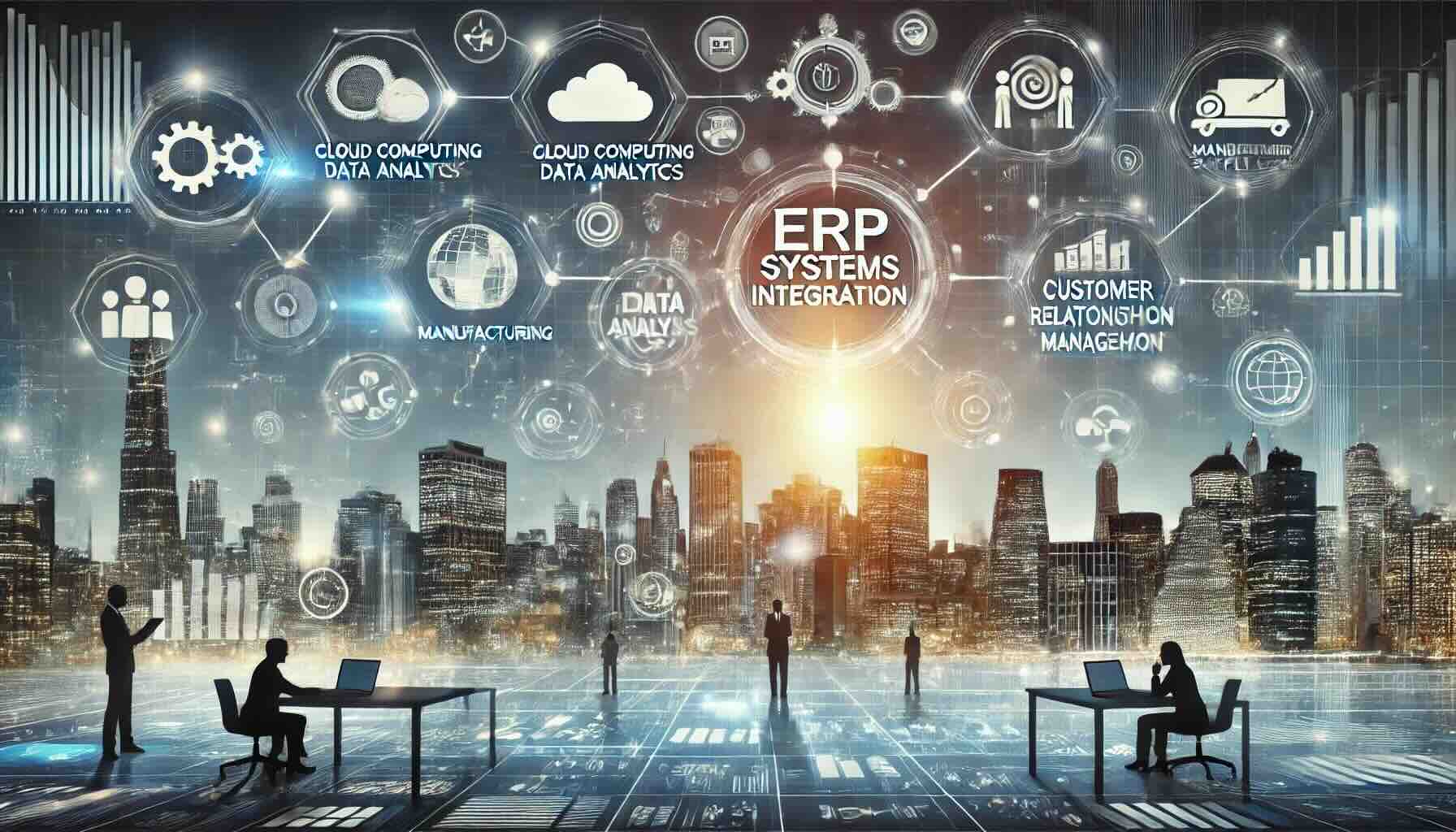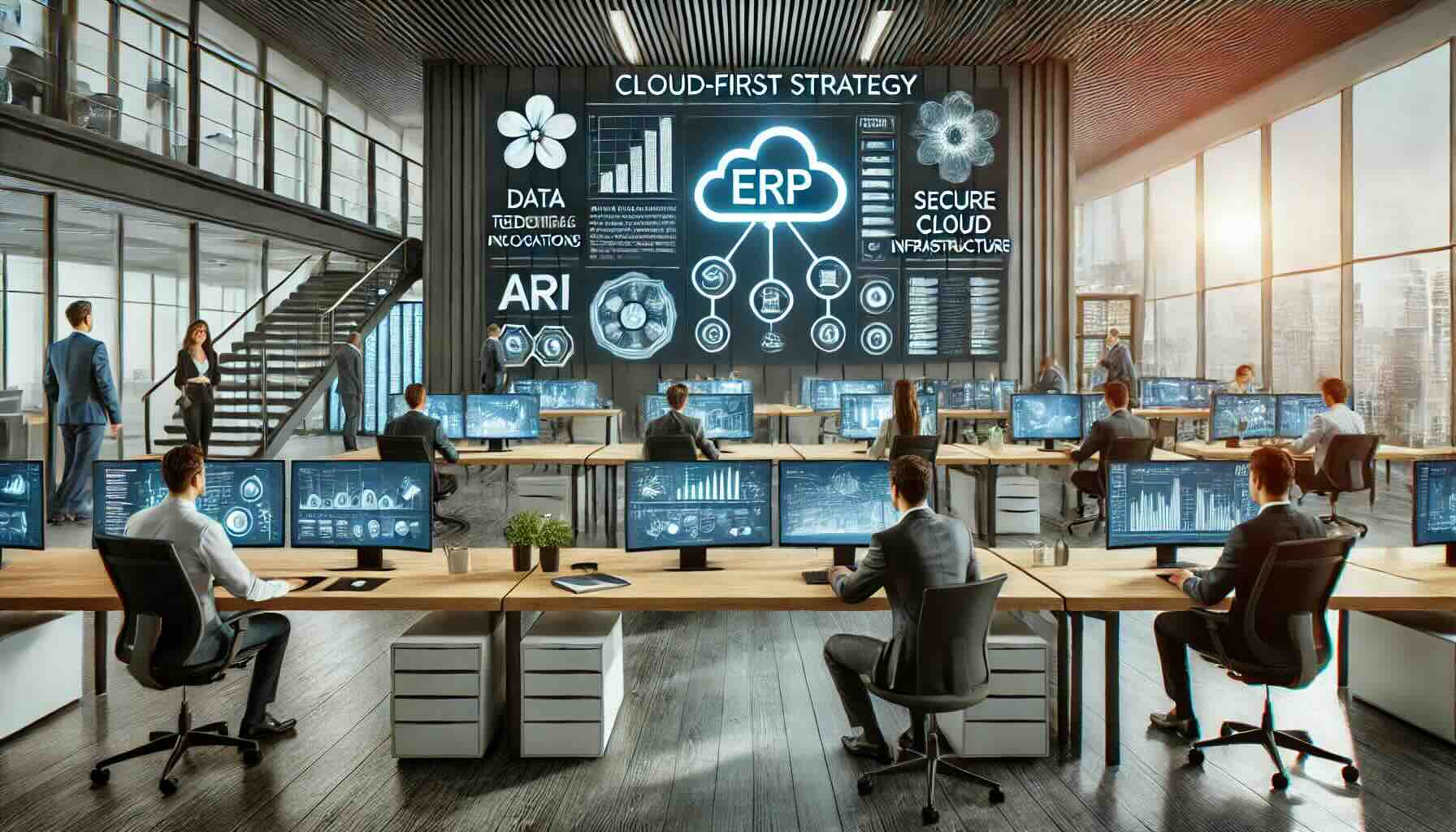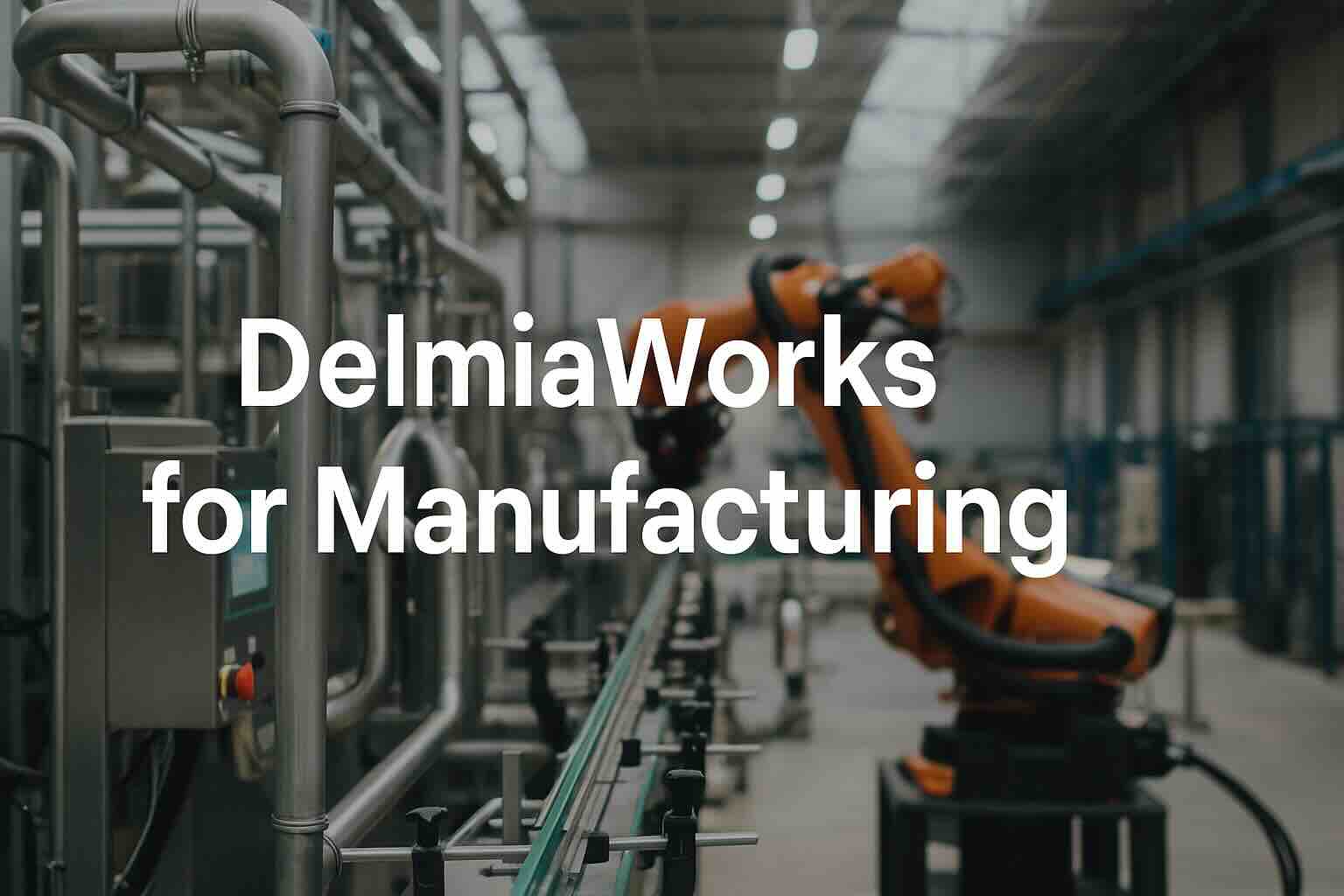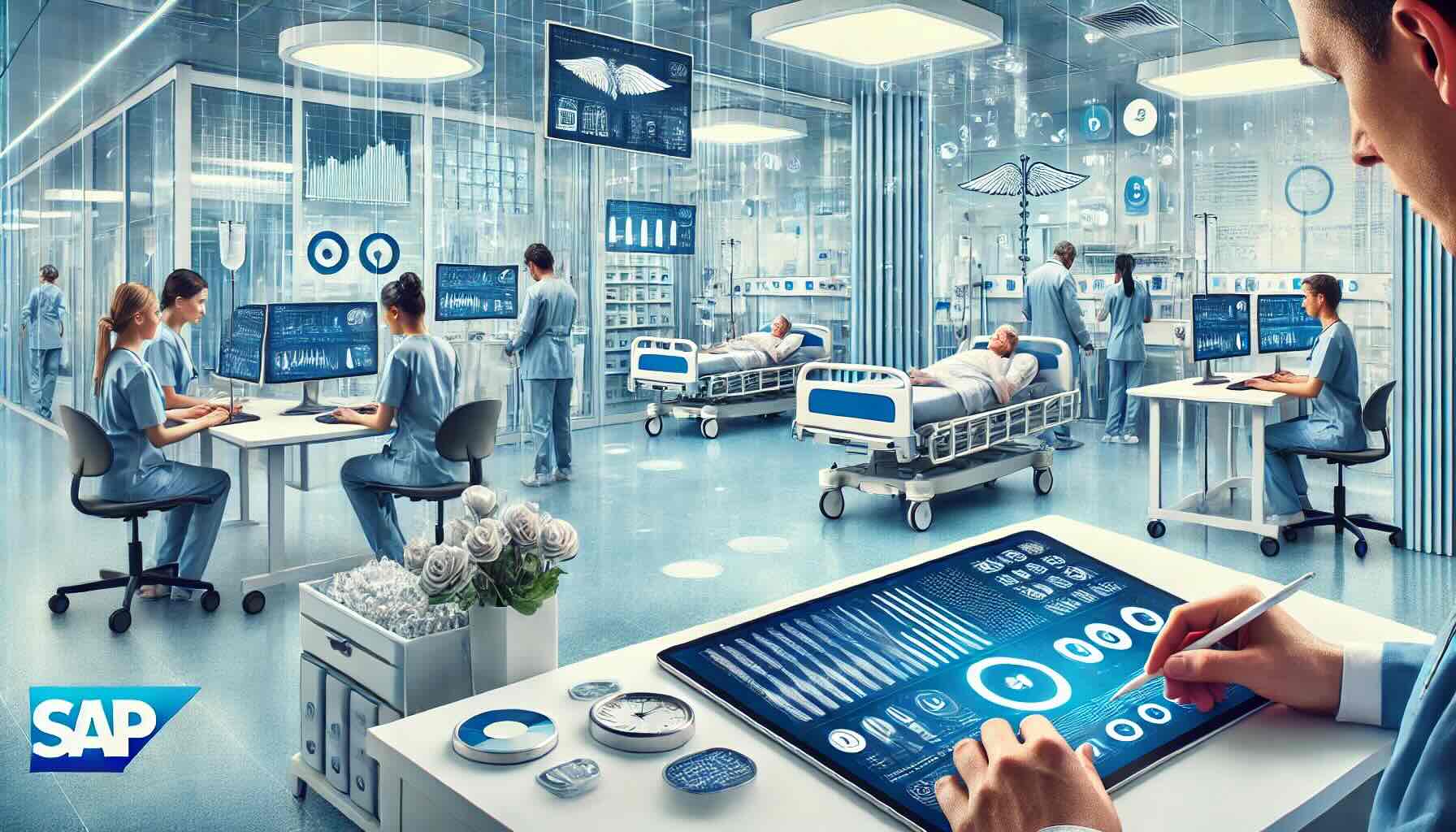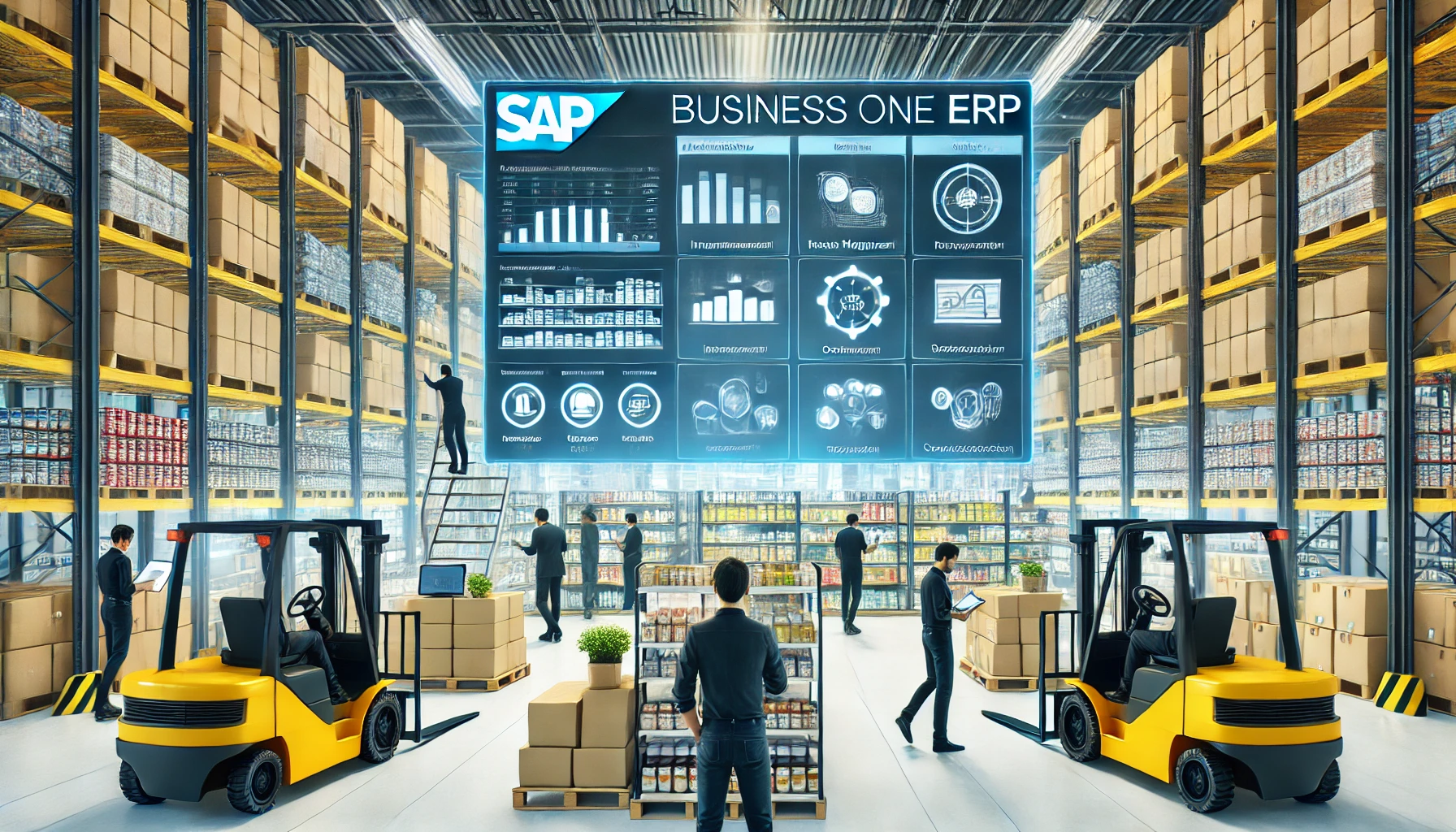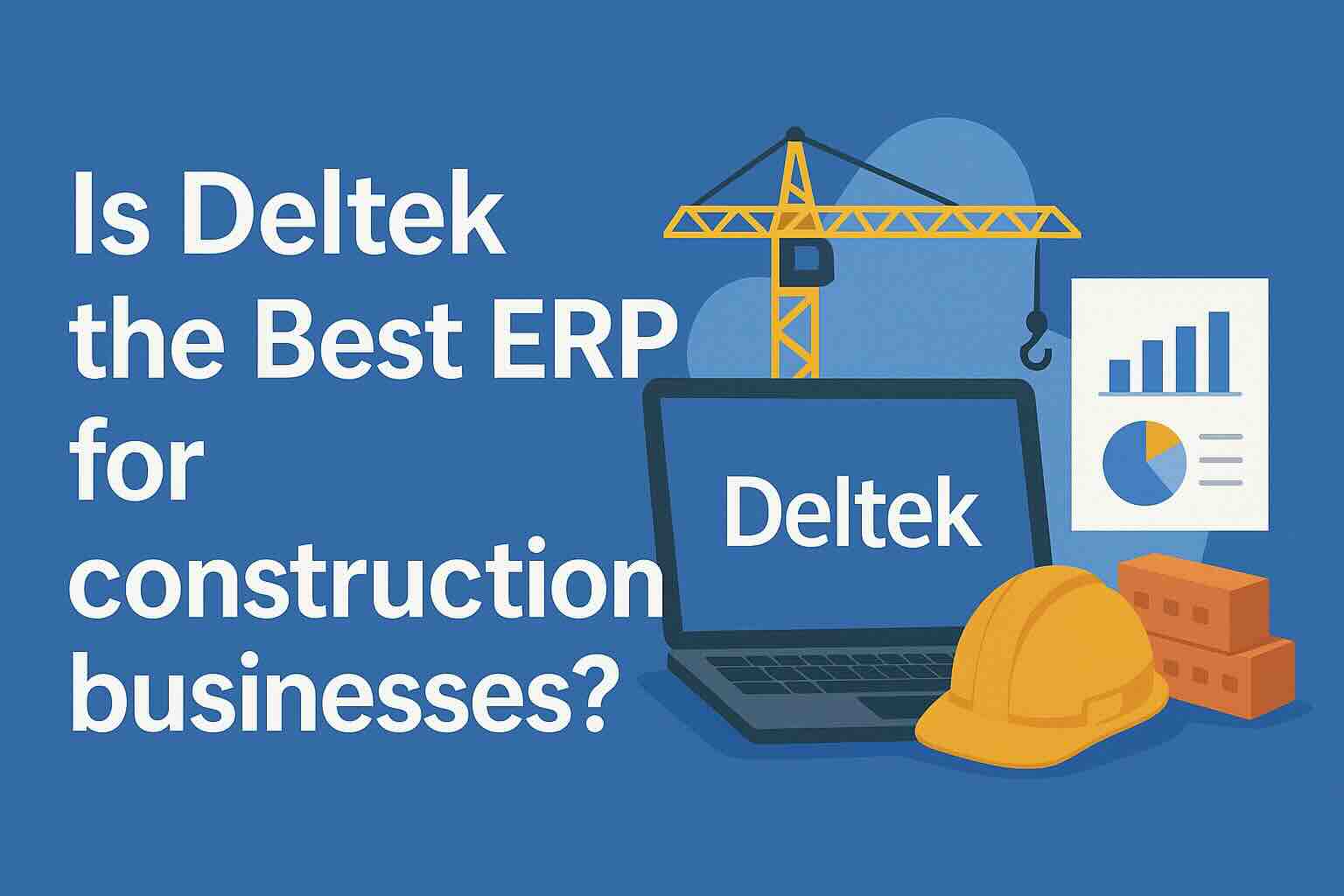Is Epicor a Good ERP for the Food and Beverage Industry?

In the food and beverage industry, businesses must handle a unique set of challenges: stringent regulatory requirements, rapidly shifting consumer demands, supply chain complexities, and the necessity to maintain product quality and safety. To address these needs effectively, food and beverage companies rely on robust ERP (Enterprise Resource Planning) solutions. Among the notable ERP systems available, Epicor stands out as a popular choice. But is it the right fit for the food and beverage sector? Let’s dive into what Epicor offers and whether it’s suitable for the unique demands of this industry.
Key Features of Epicor ERP for Food and Beverage
Epicor ERP is designed to streamline business processes, improve efficiency, and enhance compliance. For the food and beverage industry, it offers tailored solutions to manage inventory, ensure regulatory compliance, and optimize production. Here are some core features:
1. Traceability and Compliance Management
Food safety is paramount, and traceability is a critical aspect of maintaining it. Epicor offers comprehensive traceability features that allow companies to monitor the entire lifecycle of a product—from raw materials to the finished product. This capability supports quick and precise recall management, should the need arise. Epicor’s compliance tools also help companies adhere to food safety standards such as FDA, FSMA, and HACCP regulations, which is vital for maintaining consumer trust and avoiding costly penalties.
2. Inventory and Warehouse Management
Managing inventory efficiently is essential to prevent spoilage and minimize waste, which can significantly impact profit margins. Epicor ERP helps track inventory in real-time, enabling food and beverage companies to optimize stock levels and reduce carrying costs. Additionally, the system offers tools for warehouse management that streamline processes such as order fulfillment, reducing lead times and improving overall efficiency in the supply chain.
3. Production and Recipe Management
In the food and beverage industry, maintaining consistency and quality in production is crucial. Epicor ERP provides recipe and formula management features that help standardize production processes, ensuring products meet quality standards every time. This feature also aids in scaling production by providing precise ingredient tracking, reducing the risk of errors, and enabling flexibility to modify recipes based on demand or ingredient availability.
4. Demand Planning and Forecasting
Epicor ERP offers advanced demand planning tools that enable companies to anticipate and prepare for shifts in consumer preferences. By analyzing historical data and current market trends, Epicor’s forecasting capabilities allow food and beverage businesses to make data-driven decisions, optimize production schedules, and minimize the impact of fluctuating demand. This ensures that resources are allocated efficiently and reduces the risk of overproduction or understocking.
5. Quality Control and Assurance
Quality control is crucial for food and beverage companies, as a single compromised batch can damage a brand’s reputation. Epicor ERP includes quality assurance features that allow businesses to set and monitor quality standards at every stage of production. By tracking quality metrics in real-time, companies can address issues proactively, ensuring only the highest quality products reach consumers.
6. Lot and Batch Control
Epicor ERP’s lot and batch control functionalities allow companies to trace raw materials through each stage of production, from procurement to shipping. This capability is particularly important for managing allergens and ingredients, ensuring that products are safe and meet labeling requirements. Batch tracking also aids in compliance and supports quick responses to product recalls, a crucial factor for risk management in the food industry.
Benefits of Using Epicor in the Food and Beverage Sector
Epicor ERP’s industry-specific functionalities provide several benefits that align well with the needs of food and beverage businesses:
Enhanced Operational Efficiency
With streamlined production, inventory, and warehouse management, Epicor ERP reduces manual processes, freeing up time and resources for core activities. Automation reduces errors and improves speed, allowing companies to keep up with fast-paced industry demands.
Improved Compliance and Reduced Risk
Epicor’s compliance tools minimize the risks associated with regulatory breaches, ensuring that companies remain compliant with food safety standards. Its traceability features further support this by providing visibility into each stage of the production and supply chain process, crucial for effective recall management and risk mitigation.
Better Data-Driven Decision Making
Epicor’s advanced analytics and reporting capabilities provide valuable insights into operational data. From demand forecasting to quality metrics, these insights empower managers to make informed decisions that drive growth and efficiency. Having real-time data at their fingertips allows businesses to react swiftly to changing market dynamics.
Enhanced Customer Satisfaction
By improving quality control and consistency, companies can deliver a better product to consumers, increasing customer satisfaction and brand loyalty. Epicor ERP also helps maintain inventory levels to prevent stockouts, ensuring that customers always find their preferred products on the shelves.
Potential Drawbacks to Consider
While Epicor ERP offers numerous benefits, there are potential drawbacks for food and beverage companies to consider:
Complex Implementation Process
Implementing Epicor can be complex and time-consuming, especially for small to mid-sized companies with limited IT resources. The customization required to fully leverage Epicor’s capabilities may require substantial initial investment and skilled personnel, which could be challenging for smaller companies.
Cost of Ownership
While Epicor ERP offers a comprehensive suite of tools, it comes with a significant upfront cost. Additionally, ongoing costs for support, updates, and training can add up. Businesses should consider whether they have the budget and resources for both the initial investment and continued support.
Potential Over-Engineering for Smaller Operations
Epicor ERP is highly customizable, but its robust features might be more than what smaller food and beverage companies require. For these businesses, a simpler ERP solution or industry-specific software with lower costs might be a better fit.
Alternatives to Epicor for Food and Beverage
If Epicor ERP doesn’t seem like the right fit, several other ERP systems may better suit specific needs or budgets:
- Microsoft Dynamics 365: Known for its scalability and integration capabilities, it’s a strong option for growing companies.
- Infor CloudSuite Food & Beverage: Specifically designed for the food and beverage sector, Infor offers advanced features like allergen tracking and nutritional information management.
- SAP S/4HANA: A comprehensive ERP solution with strong analytical capabilities, though typically better suited for larger enterprises.
- Plex Systems: A cloud-based solution with an emphasis on manufacturing operations, providing real-time production insights.
Final Verdict: Is Epicor a Good ERP for Food and Beverage?
Epicor ERP is a strong choice for food and beverage companies that require robust compliance, traceability, and production management capabilities. Its industry-specific functionalities, such as lot control, recipe management, and quality assurance, align well with the needs of this sector. However, businesses should weigh the initial investment and complexity against their specific requirements.
For mid-sized to large companies looking for a comprehensive ERP solution with advanced customization, Epicor can be a highly effective option. On the other hand, smaller businesses or those with limited resources may find Epicor’s depth and cost prohibitive and could consider alternatives tailored to more modest operational needs.
In summary, Epicor ERP is a powerful tool for the food and beverage industry, offering benefits that support operational efficiency, compliance, and quality. However, the best ERP choice depends on each company’s unique size, goals, and budget constraints. To find out more about Epicor click this link.
To compare Epicor with 100s of other ERP solutions, you can use our new AI-powered Compare ERP tool. It’s free to use and you get a guaranteed discount on your first year’s licence fees with a referral from Compare ERP.
